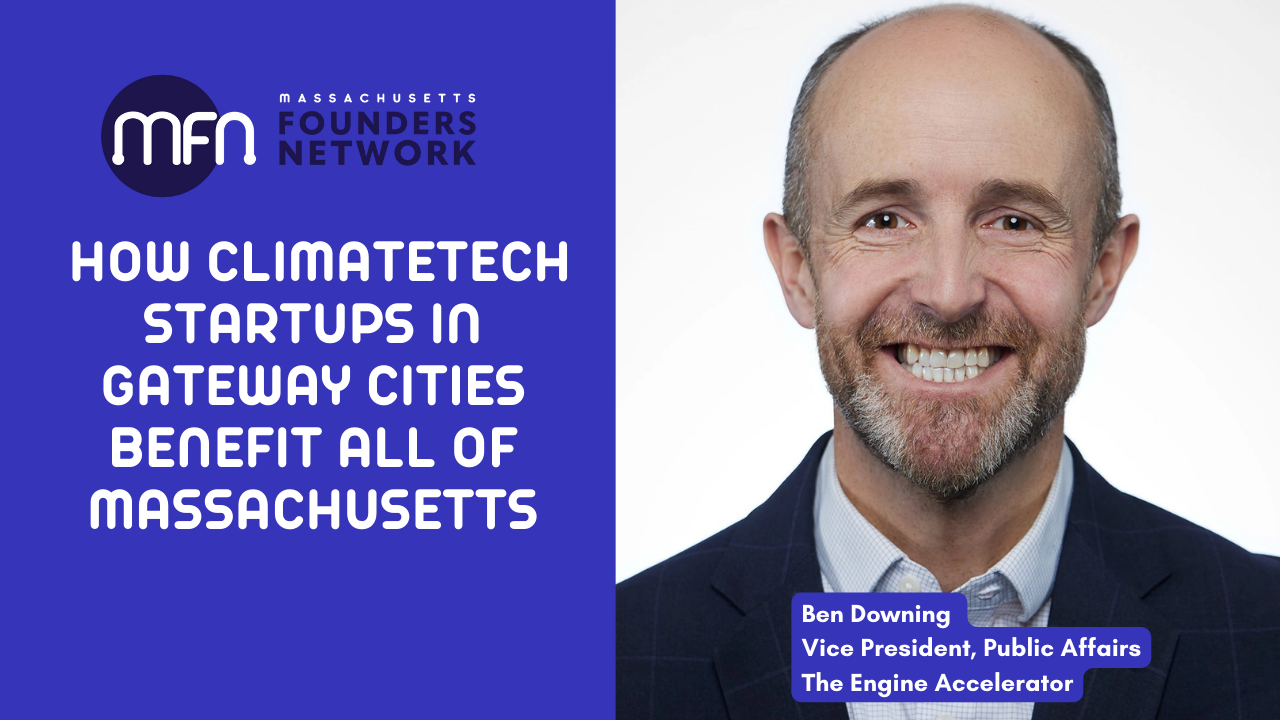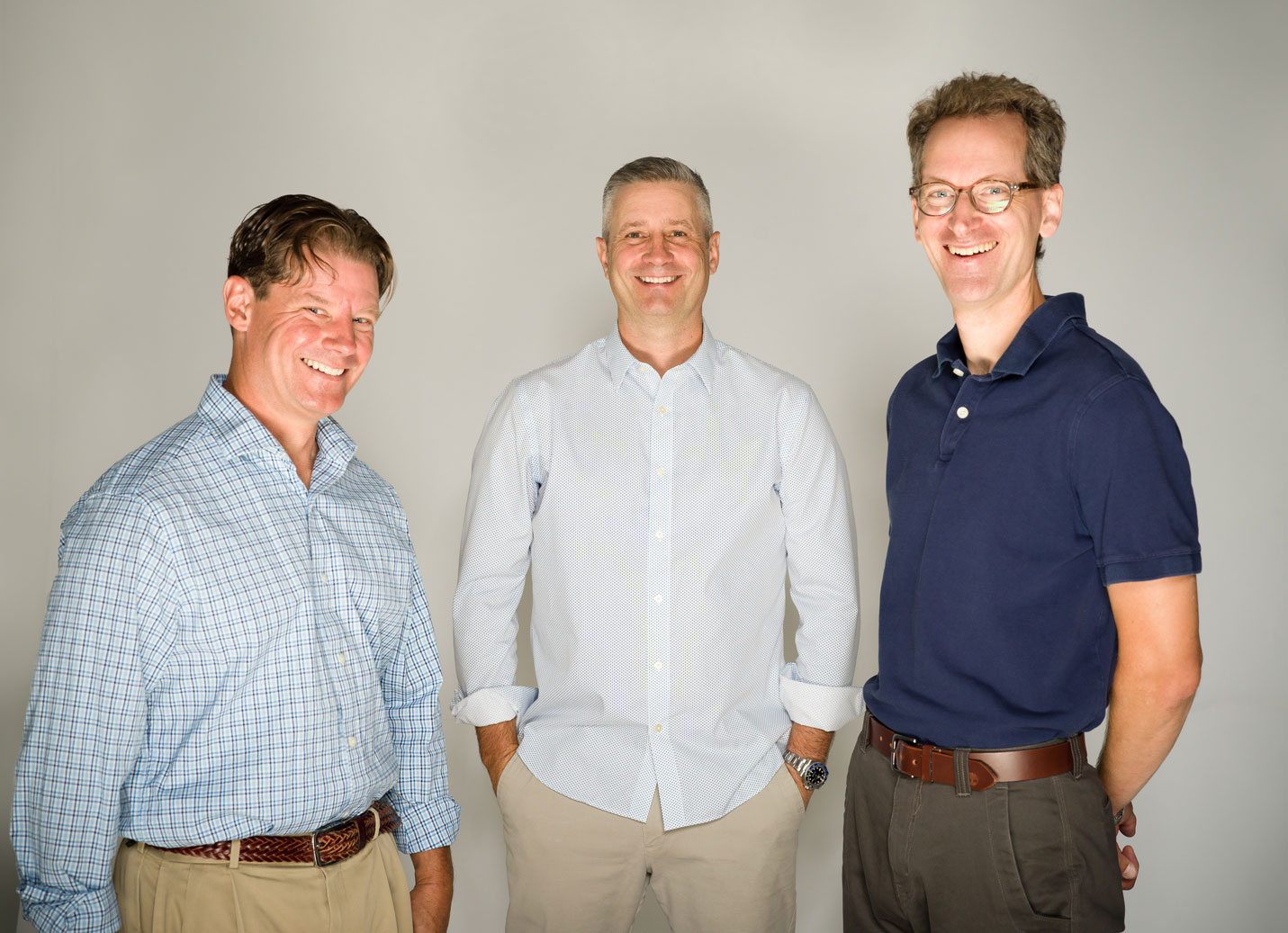Climate tech entrepreneurs face challenges when building pilot facilities in Massachusetts due to a lack of favorable policies. Ben Downing, VP of Public Affairs at The Engine Accelerator, advocates for making it easier for entrepreneurs to establish pilot facilities in gateway cities like Pittsfield, Fitchburg, and New Bedford, which will strengthen these cities’ unique offerings while addressing the climate crisis.
VIDEO TRANSCRIPT:
Ben Downing: If I am a climate tech entrepreneur, and I have a technology that is going to decarbonize a significant sector of the economy, more often than not, you’re going to need a lot of power to do that, because you’re taking what has traditionally been a thermal process and shifting it over to an electrical process. So you’re going to need a ton of power, and you want that power to be as clean as possible. Anything that we can do to make it easier to interconnect to the electric grid, for both the clean energy that wants to come online, and then the new industries that want and need that clean energy, is critically important.
I think it’s one thing to have pain points when you’re in a robust, strong economy like in and around Greater Boston. But if you’re in a place like Pittsfield, if you’re in a place like Fitchburg, or Leominister, New Bedford, Fall River, you name it, those pain points become the difference between somebody building their pilot facility there, and someone building their pilot facility in, in West Virginia, in Ohio, in Georgia, in Michigan. As much as the IRA (Inflation Reduction Act) was great, and it funded and created a lot of opportunities, it also raised the floor for everyone. Whereas in the past, Massachusetts was competing with California, New York, New Jersey, Illinois, and a handful of other states to say, “We’ve got the best climate legislation, you want to come here if you’re going to grow climate tech, we’re going to build the market for you”. I think it’s a good, healthy, and important competition, but the IRA has basically said you can build your climate tech anywhere. The competition among the states is that much more fierce, and we can’t, I think if we want to help use climate tech and other parts of tough tech to be a strategy for strengthening and building on what gateway cities in the regions around them have to offer, then you’ve got to make it easier for entrepreneurs to go build.
I was in the state senate in Massachusetts, from 2006 to 2016, where I chaired the Energy Committee for six of those 10 years. I wrote the bill that created the offshore wind market, in Massachusetts that doubled our solar market, that created our first energy storage incentives, and others. And often during those debates, we talked about this not just being about doing the right thing by the climate but also doing the right thing long term by our economy. I can make the case of how we’ve seen that, but the more tangible that becomes I think the broader the buy-in becomes. The more people are not just scared by the science of climate but hopeful about the future that we can build. So the opportunity to build that both short-term and long-term is what brought me to this work.
Are you working to find community and opportunity as a Massachusetts startup founder? Join MFN and get access to experts, networking opportunities, and connections within the statewide entrepreneur ecosystem.




